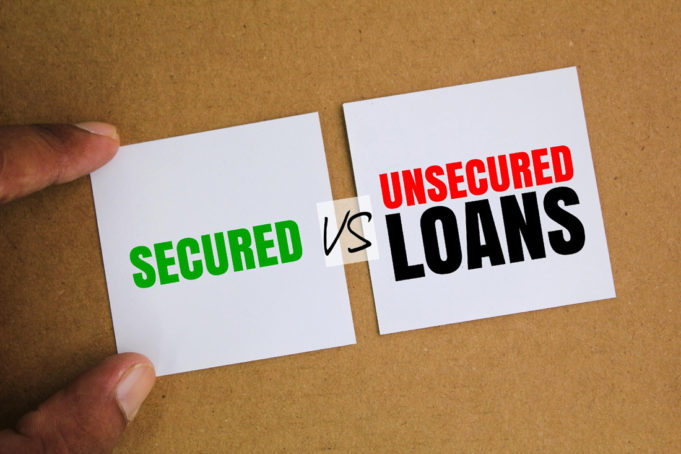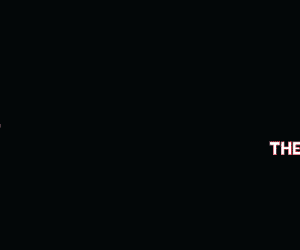We all know that if we want to grow our business the best solution is to avail ourselves of business loan for small businesses, which will help us to cover the expenses it comes with.
However, if you are having a debate on whether you should opt for a secured loan or an unsecured loan, the main difference lies in the requirement of collaterals, where selecting the right option is necessary for you.
Each of these loans provides you with certain advantages and disadvantages that depend upon your business financially. Read this article to decide which loan type will be best suited for your business.
Understanding Secured Loans
The term itself refers to a loan type that comes with collateral or any type of asset, like cars or other properties. Secured loans demand allows the lender to repossess your assets in case you are unable to repay the amount taken as business loan for small business.
Since the lender can use your assets for the repayment of your loan, they usually have lower annual percentage rates (APRs).
This is the reason secured loans are usually perceived as risky by lenders. Therefore, they come up with more qualifying and higher amounts of business loan for small businesses than the ones that don’t require collateral.
Qualifications
If you are opting for secured loans, then you need to qualify in the following areas:
Collateral: You’ll have to provide collateral, like, car, your home, investments made, or a certain amount of cash, to secure the loan. The lender has the right to seize the collateral if you are unable to repay your business loan for small businesses.
Credit score: Lenders will also review your credit score to decide your eligibility. You can access your credit score online for free or check with your credit card provider.
Finances: Lenders will go through your finances, that includes your debt-to-income (DTI) ratio. Your DTI ratio estimates the amount that goes from your monthly income towards paying down debt.
Income: Suppose you have freshly started working then there are less chances that lenders would provide you with business loans for small businesses, until you complete six months of working.
Understanding Unsecured Loans
Unlike secured loans, unsecured business loans don’t require any type of collateral. The business loan for small businesses is granted based on your creditworthiness and your overall financial strength.
Since this loan doesn’t let you fear losing any of your assets if you cannot repay the loan amount, the interest rates are quite high for these types of loans.
These interest rates depend on your credit score, where the best rates usually go to the borrowers with the highest scores.
Qualifications
If you are opting for unsecured business loans, then you need to qualify in the following areas:
Credit score: A good credit score is an essential requirement for an unsecured loan. Lenders will go through your history of responsible credit use, timely payments, and if you have low credit card balances. A credit score ranging from 610 and 640 is ideally considered good.
Debt-to-income ratio (DTI): A low DTI ratio of 36% or less presents a decent financial position, to apply for unsecured business loan for small businesses.
Income: Lenders will also assess your income to understand your repayment capacity. Your income can come from multiple sources and doesn’t necessarily have to come from one particular job.
Documentation: You’ll also have to provide documents like tax returns, W-2s, bank statements, and address proofs. Bank statements help lenders to understand your investments and spending habits. Whereas address proofs are a way of understanding your utility bills, mortgage, lease, voter registration card, or other official documents.
Secured vs Unsecured Loan: Which is Right for Your Business?
Ultimately, whether you want to go for a secure loan, or an unsecured one is your personal choice. In case you are afraid to put an asset at risk as collateral then an unsecured loan is your only option. But it can also be a good choice if your credit score is excellent.
Although, if you are confident enough that your business loan for small businesses could help you generate revenue to fill the loan amount then secured loans are something that should be your choice.
But it’s always better to think twice before selecting an option in the case of loans, because in the end it’s you who needs to repay.
Conclusion
A secured loan could offer significant savings and higher funding if your business has valuable collateral and you’re comfortable with a longer commitment.
However, an unsecured loan may be the more practical choice if your business needs fast cash without risking assets.
Ultimately, your decision should align with your business’s current financial health, long-term objectives, and appetite for risk. Analyzing these factors will ensure that you choose a business loan for small businesses that best supports your venture’s growth and sustainability.











